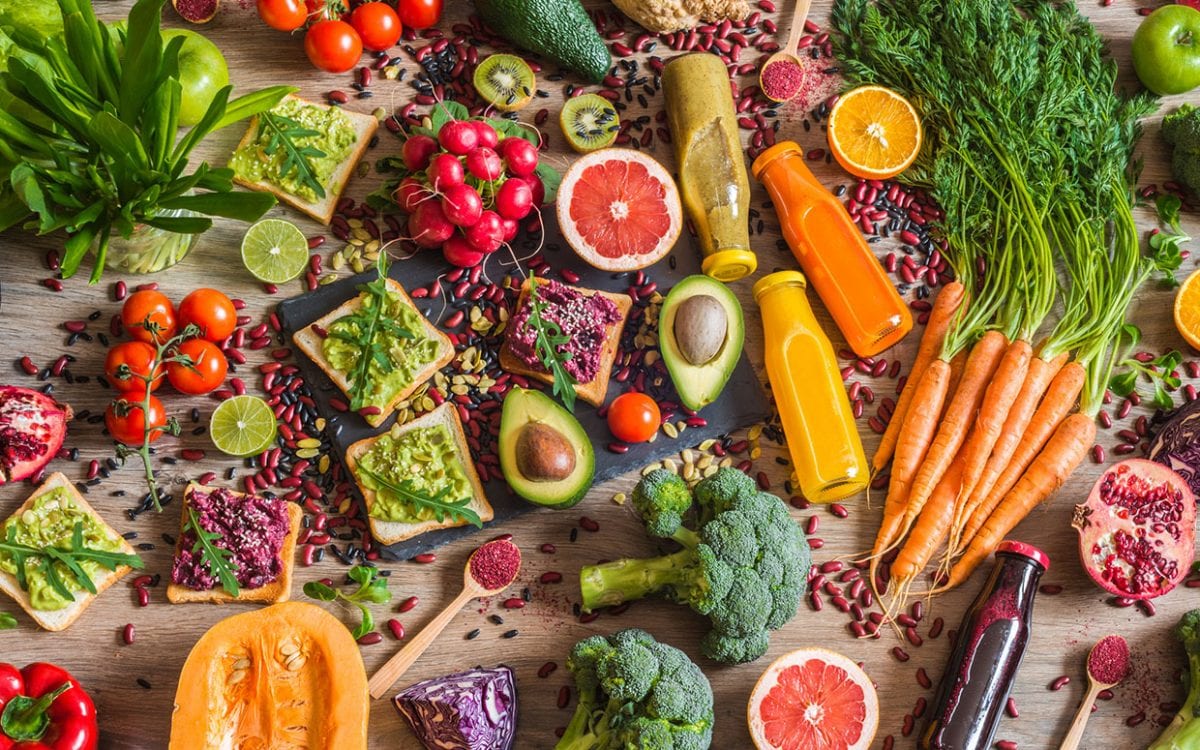While many people think that a plant-based diet is the same as becoming vegan or vegetarian, it’s actually quite different. Individuals do focus on eating mostly plants, including fruits, vegetables, seeds, and grains, but may consume meat, eggs, and dairy in small quantities. Alongside this, they generally aim to stay away from any processed foods and oils.
Below, we are going to discuss the different pros and cons of consuming a plant-based diet. Interested? Then let’s get started!
Pro: There is a wide variety of plant-based products to choose from
When individuals first think about a plant-based diet, they assume that the number of different products you can consume is significantly reduced. However, there are so many different things to choose from; each day will never be boring. From fresh fruit and vegetables to grains, nuts, and legumes, you can create incredible dishes. Just take a look at these plant-based recipes, and you’ll be filled with inspiration.
Con: Managing protein can be difficult
Since meat contains such a high amount of protein per serve, it can be challenging to manage this when switching over to a plant-based diet. It’s easy to forget to think about it when you are planning meals, which can lead to a range of different health problems. However, will all that being said, there are alternatives. Just take this soybean nutrition, for example. You just need to do a bit of research first to ensure you are hitting your goals.
Pro: It can help reduce the risk of certain health conditions
Plant-based products are full of great nutrients for our bodies and can come with a variety of health benefits. However, it will be good to use supplements and antioxidant like organic c60 oil for natural support. For example, studies have revealed that individuals have a lower BMI, decreased risk of diabetes, and heart disease. This is because of the complex carbohydrates that can help keep you feeling full for more extended periods.
Con: Requires consistent meal planning and preparation
Since plant-based products can’t be kept as long as meat and dairy, eating on this diet means you need to keep meal planning in mind. By knowing what you will eat each week, you can calculate your protein and nutrient levels and reduce wastage. This can be time-consuming at first but does save a lot of unnecessary grocery store trips.
Pro: It’s possible to save more money
Since it’s more affordable to buy plant foods in bulk, cutting out meat and processed products can actually save you more money. Alongside this, buying locally can help cut down costs further, and the quality is way better than what you would get in stores. It’s a win-win!
Con: Can lead to possible nutrient deficiencies
Lastly, the main con of consuming a plant-based diet is that it can lead to possible nutrient deficiencies. We’ve already talked about protein, but things like calcium, iron, and vitamin B12 can be even harder to find. This usually means you need to take supplements in order to stay healthy.
Final Thoughts
And that’s it! These were the different pros and cons of a plant-based diet. When taking into consideration the above, it certainly can be a healthy move to make. However, you still need to keep in mind what you are eating.








